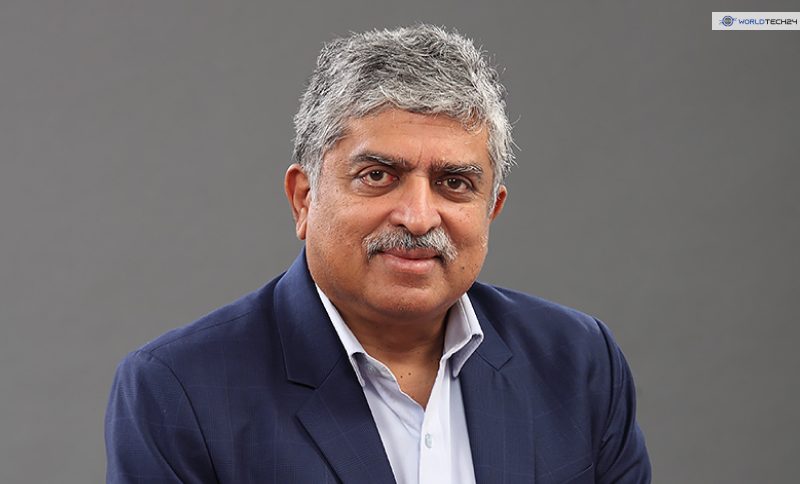“India remains in a very favorable position to become the most extensive user of artificial intelligence (AI) in the world by the end of this decade,” said Nandan Nilekan, the founding chairman of Aadhaar.
According to a paper that Nilekani co-published with Tanuj Bhojwani in the International Monetary Fund (IMF), “The positive demography with a higher percentage of younger population coupled with robust digital public infrastructure puts the country in a pole position to reap the benefits of AI.”
He further said, “Before the end of this decade, more Indians will use AI everyday than in any other country in the world. What’s more, people in advanced economies will be surprised by the ways the country will use the AI.”
India currently has a very fertile ground to stand on when it comes to AI in fields like agriculture, education, sustainability, and education and any other socio-economic problems that the country is currently facing.
To this, Nilekani said, “What India needs is a strategic plan to chase down the most important opportunities for AI to help. The trick is not to look too hard at the technology but to look at the problems people face that existing technology has been unable to solve.”
Nilekani further noted that “unlike the Western countries which have legacy systems to overhaul, AI-first systems can be built from the ground up in India. The quick adoption of digital public infrastructure is the bedrock for these technologies. Such infrastructure generates enormous amounts of data, and thanks to India’s Account Aggregator framework, the data remains under the citizens’ control, further encouraging public trust and utilization. With this solid footing, India is well be positioned to lead the charge in AI adoption.”









